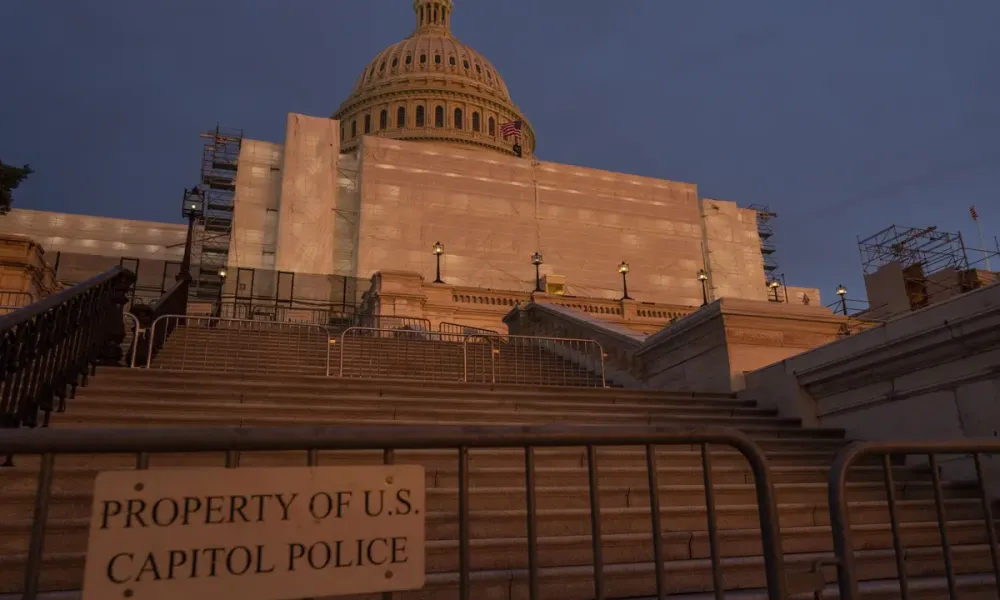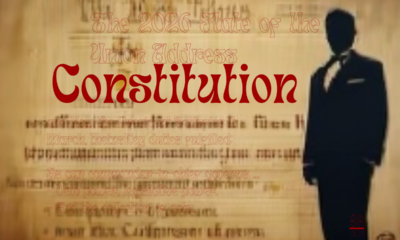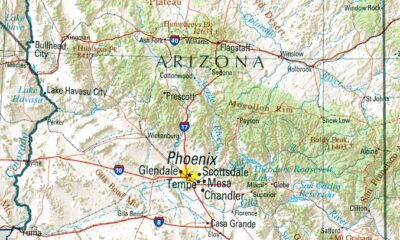Money matters
US could default this summer unless $31.4tn debt ceiling is raised, CBO warns

On Wednesday the Congressional Budget Office made the projection that the US could face the possibility of defaulting on its debt this summer if Congress doesn’t take swift action and raise the $31.4 trillion debt limit.
A report from the CBO released Wednesday re-iterated this, “Currently, the statutory limit on the issuance of new federal debt is set at $31.4 trillion. On January 19, 2023, debt reached that limit, and the Treasury announced a ‘debt issuance suspension period,’ during which, under current law, it can take well-established ‘extraordinary measures’ to borrow additional funds without breaching the debt ceiling.”
“CBO estimates that under its baseline budget projections, the Treasury would exhaust those measures and run out of cash sometime between July and September of this year. The Deficit Control Act requires CBO to project spending,” the office said.
The Treasury Department has resorted to “extraordinary measures” to avoid going down this road, and Treasury Secretary Janet Yellen gave Congress an “early June” deadline to work out a deal with President Biden to raise the debt limit.
If congress cannot thrash out a deal to raise the debt ceiling, the government may be forced to temporarily default on some of its expenditures.
The Committee for a Responsible Federal Budget said that should the US default on its debt, interest rates would also spike.
The US has not defaulted on its debt before, however it did come close to doing so in 2011 House Republicans voted against or abstained on a debt-ceiling increase, which prompted Standard and Poor to downgrade the U.S. debt rating one notch.
“In 2011, when we were at risk of default, it had enormous harm on the economy. It hurt the economy. It plummeted consumer confidence that hurt growth and jobs, just the threat of default,” Sterling noted.
“Just the notion that the United States is a place where one political party could hold hostage the full faith and credit of the United States could threaten default to get what I think are rather extreme budget view,” he added. “Any policy preference at all is going to be very damaging, and you will hear this from the Chamber of Commerce, not just this White House. The risk and threat of default is a risk economic catastrophe for all Americans.”
Republicans, who now have control of The House of Representatives, have said they will hold back on negotiating a debt limit increase until Democrats agree to deep spending cuts. Democrats have hit out at this stance by saying debt limit should not be “held hostage” to Republican tactics over federal spending.
Terry A. Hurlbut has been a student of politics, philosophy, and science for more than 35 years. He is a graduate of Yale College and has served as a physician-level laboratory administrator in a 250-bed community hospital. He also is a serious student of the Bible, is conversant in its two primary original languages, and has followed the creation-science movement closely since 1993.
-

 Civilization2 days ago
Civilization2 days agoIran – the war begins
-

 Civilization3 days ago
Civilization3 days agoState of the Union – a response
-

 Executive5 days ago
Executive5 days agoWaste of the Day: Utah University Trustees Don’t Know Their Job
-

 Civilization4 days ago
Civilization4 days agoTrump’s Longest Speech, His Shortest Margin for Error
-

 Executive3 days ago
Executive3 days agoWaste of the Day: Improper Payments Totaled $186 Billion in 2025
-

 Executive4 days ago
Executive4 days agoWaste of the Day Throwback Thursday – USDA Advertised Caviar
-

 Executive3 days ago
Executive3 days agoGavin Newsom, You’re Better Than This
-

 Civilization4 days ago
Civilization4 days agoArizona AG Kris Mayes Goes to the Dark Side



The key thing is to stop spending money on Unconstitutional programs. I suspect close to 70% of spending is unconstitutional specific Welfare spending.